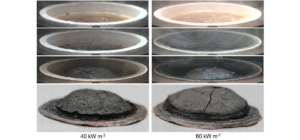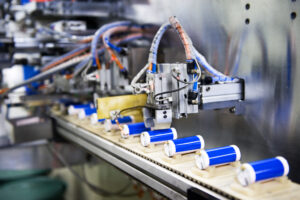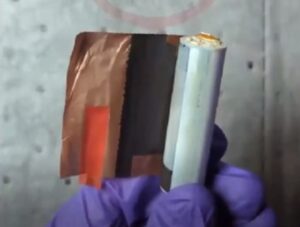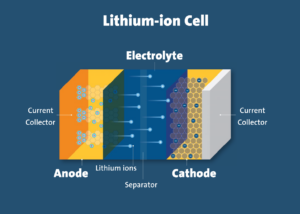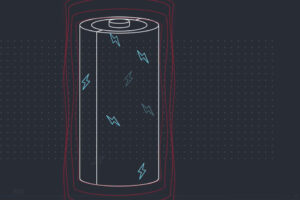Environmental Impacts of Lithium-ion Batteries
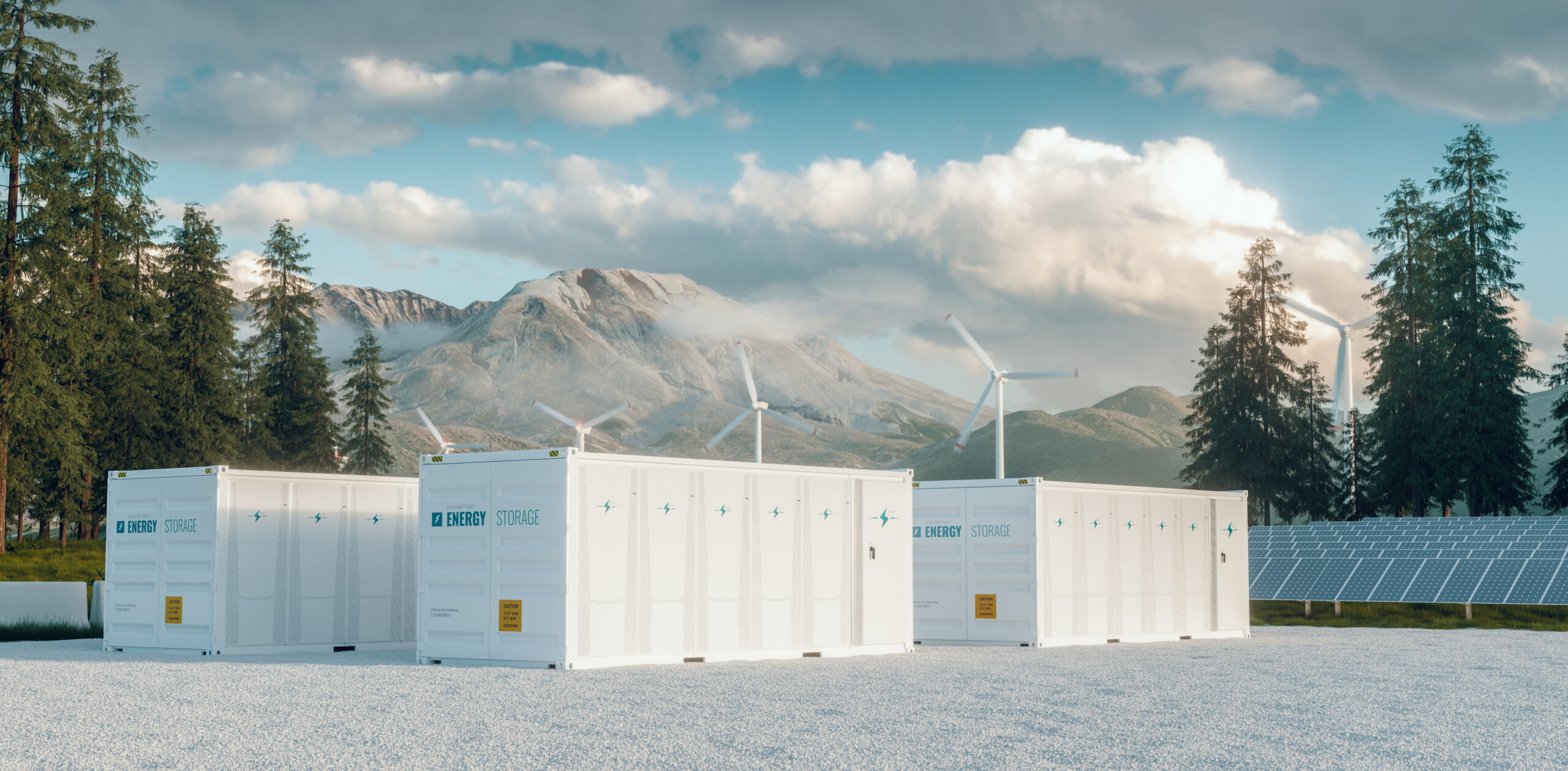
Storing energy in lithium-ion batteries offers a set of advantages that can help us achieve sustainability goals considering energy use: for instance, allowing us to ease our reliance on fossil fuels in favor of renewable energy resources and lithium-ion batteries. However, with these advantages come a set of drawbacks throughout the battery’s supply chain. Below is a look at some of these advantages and drawbacks.
What are the environmental benefits?
- Renewable energy sources: Lithium-ion batteries can store energy from renewable resources such as solar, wind, tidal currents, bio-fuels and hydropower. Using renewable energy means we get fuel for our cities and homes from sources that are naturally replenished and create fewer carbon emissions than fossil fuels.
- Resilience: Stored energy as with battery systems can be beneficial in the case of disasters that threaten the power supply. Having reserved energy in portable containers helps us to be resilient: able to recover from unfortunate circumstances such as natural disasters.
- Long service life: Lithium-ion batteries have a long service life and can be recharged thousands of times. While recycling of lithium-ion batteries is not yet optimized, long-term use of batteries and products can result in reduced consumption and electronic waste.
- Smarter energy use: We can use devices powered by lithium-ion batteries to monitor and manage our energy usage and efficiency.
What are the environmental drawbacks?
- Intensive extraction: Two types of mining commonly required to extract minerals for batteries are open-pit mining and brine extraction. These extraction processes can cause erosion and pollution.
- Open-pit mining: In order to make way for an open pit, vegetation must be cleared away. Then, a deep pit is dug. Together, these factors create conditions for erosion. Mining can create toxic soils and dust with high concentrations of heavy metals. These dusts become contaminants that put people and animals at a higher risk of illness.
- Brine extraction: Brine extraction drains water from natural underground reserves of drinking water. This water is depleted from the ecosystem more quickly than it can be replaced through the water cycle. Brine extraction also requires toxic chemicals to process lithium. The release of these chemicals harms air, soil, and water quality.
- Electronic waste: When lithium-ion batteries are disposed of, they become electronic waste, also known as e-waste. E-waste has been declared one of our world’s most pressing issues for environmental and human health by the United Nations. Much electronic waste is not disposed of properly; rather than being dismantled professionally, devices wind up in commercial waste or landfills, or unsafely deconstructed or burned to harvest small valuable components. The batteries disposed of in commercial waste and landfills can be inadvertently shorted and cause a large fire in those areas which are extremely difficult to control due to the large amount of combustible waste that they are mixed with.
